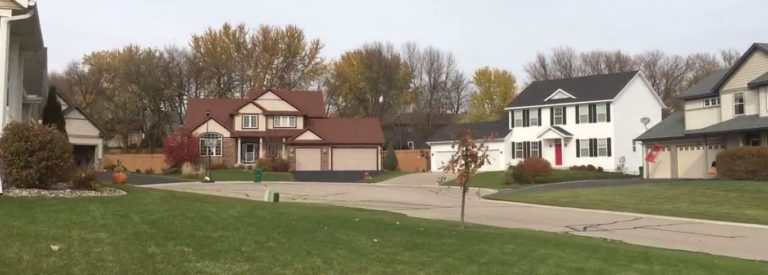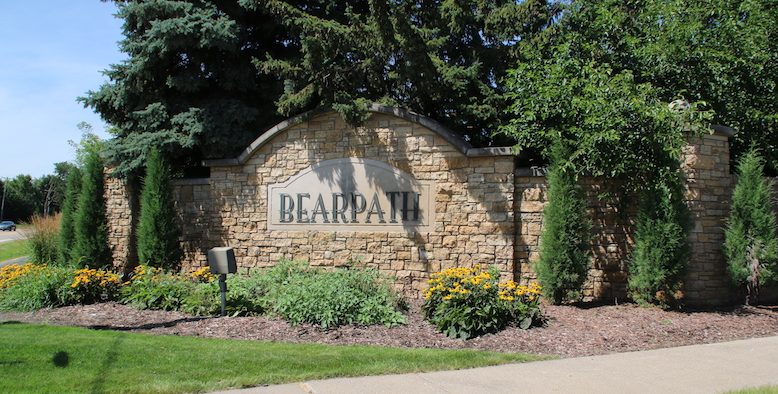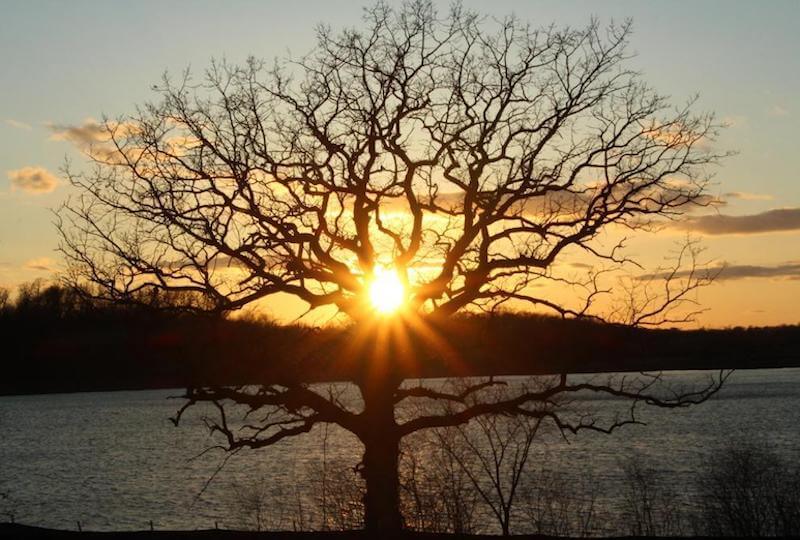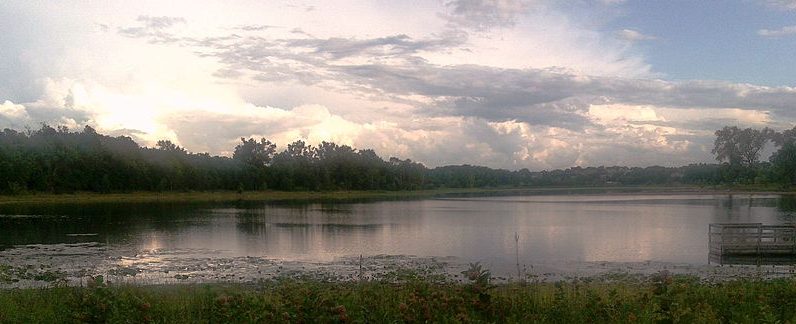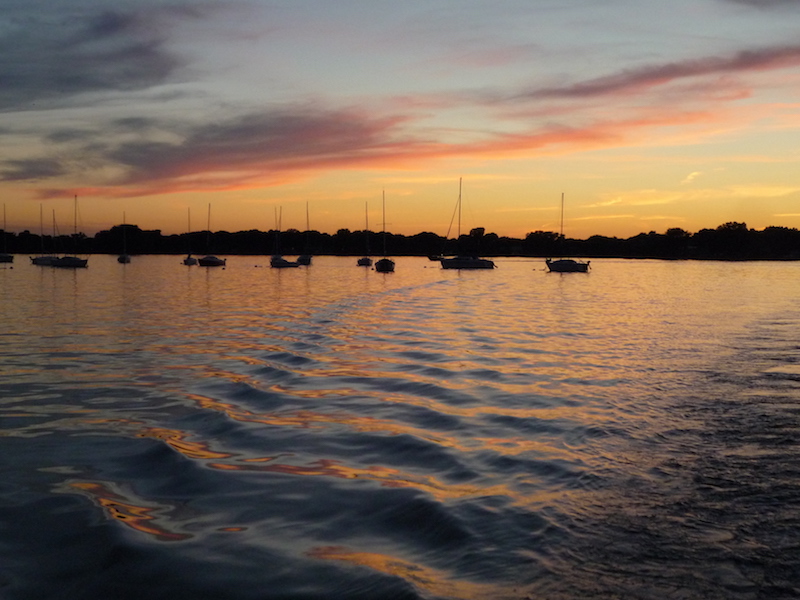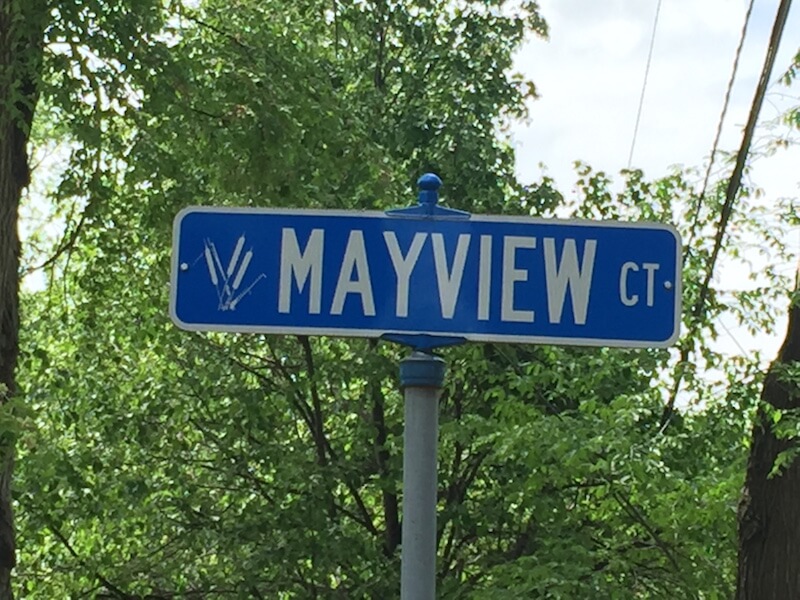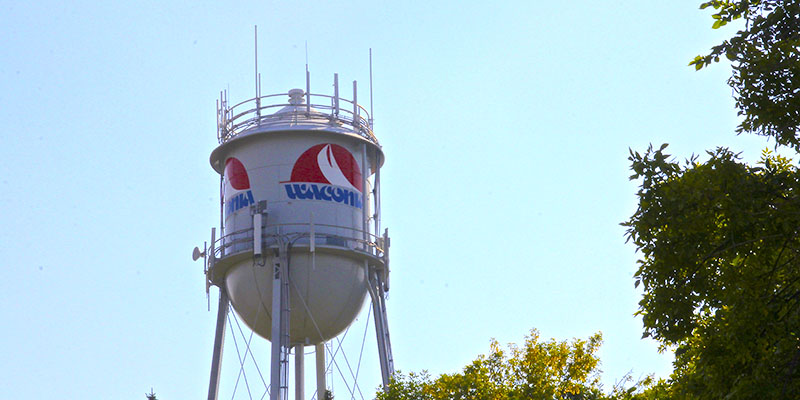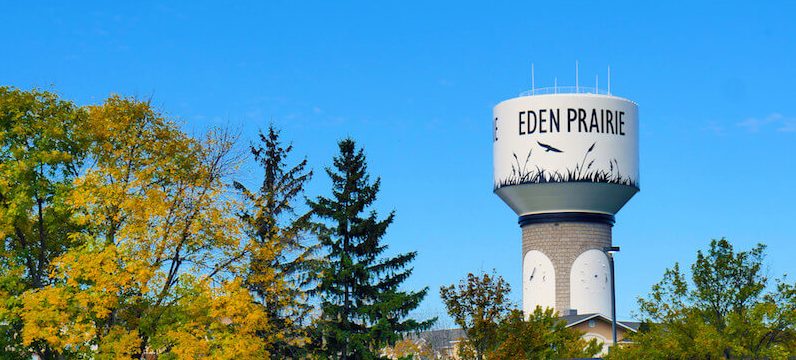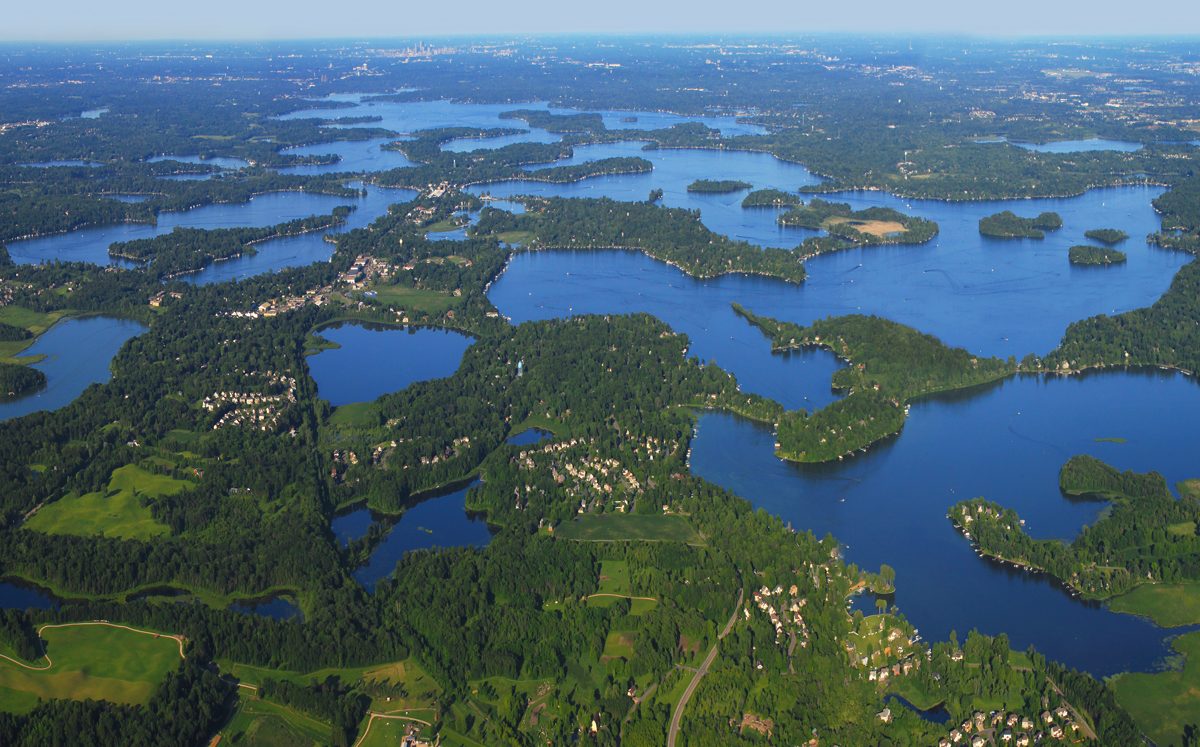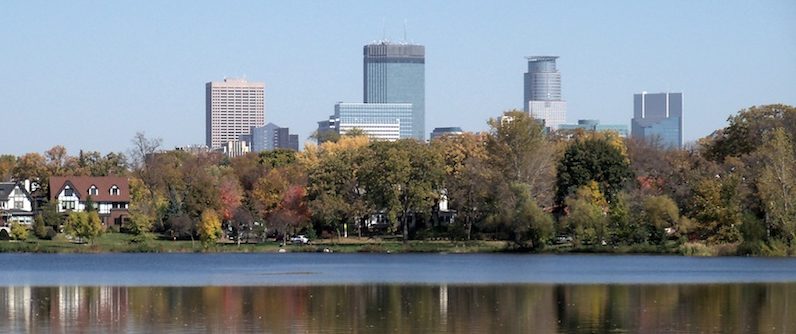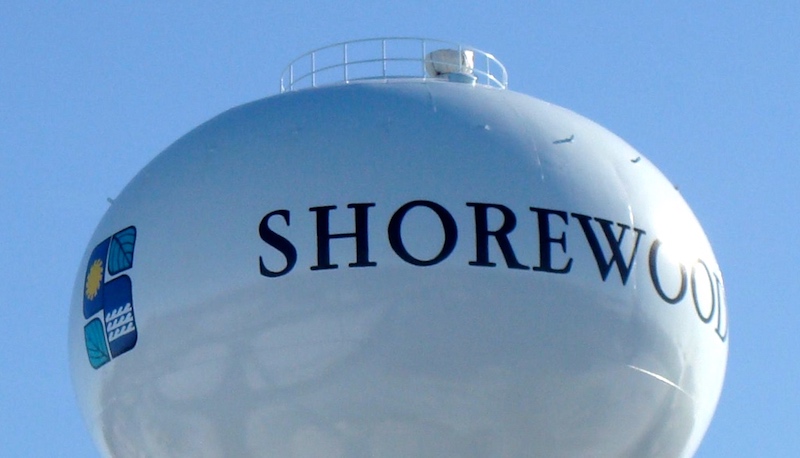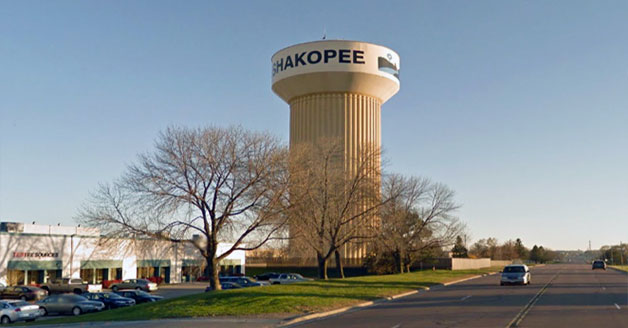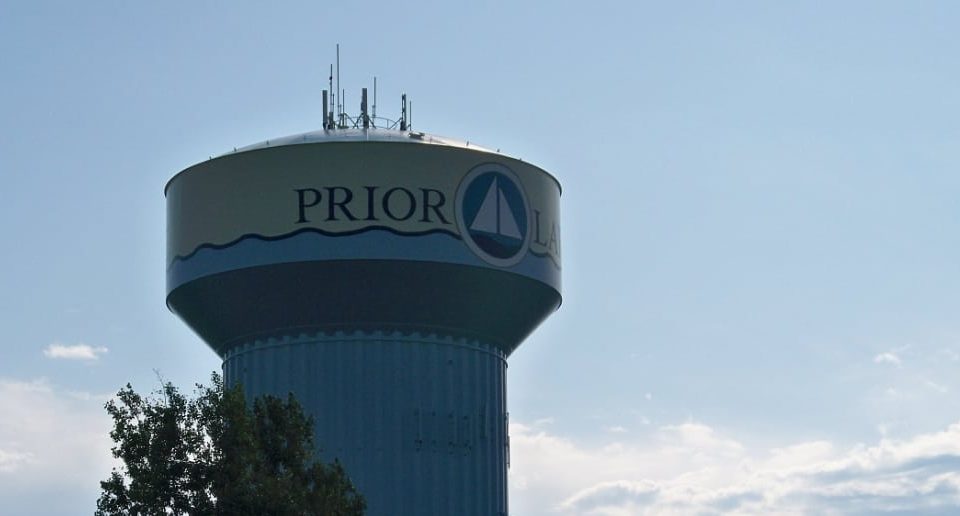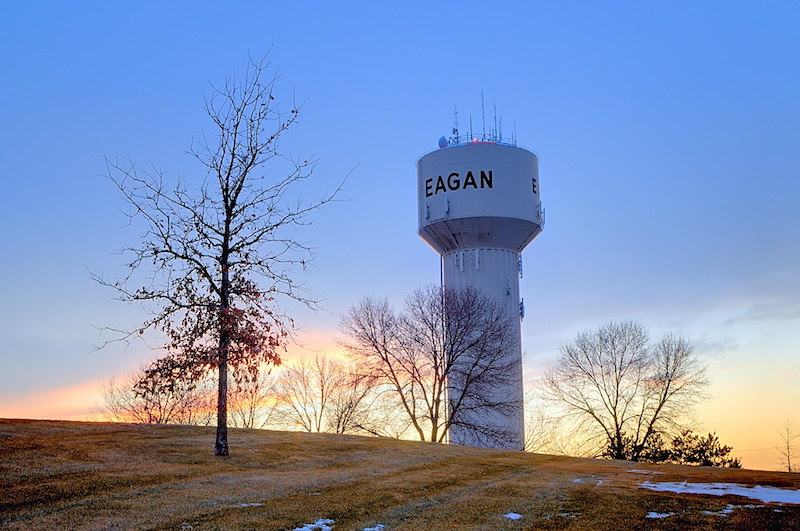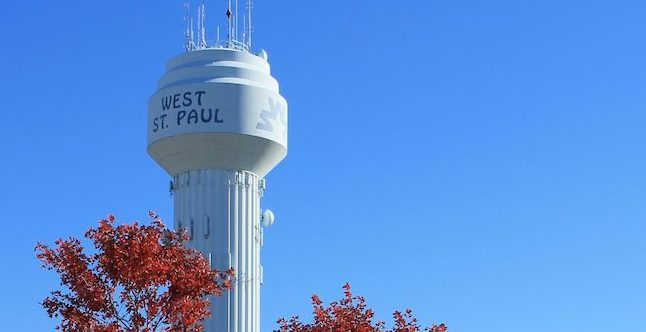Posted by Realtor David Olson 952.314.9446
City of Maple Plain: A Brief History
At one point, the area of Maple Plain, Minnesota was comprised of nothing more than woods, lakes, streams, and the occasional open space. The only inhabitants were the Dakota Indians, and they made use of the woods and water by providing themselves with plenty of game. However, all of this changed as a result of the Traverse de Sioux treaty. This treaty allowed the settlers to flood the area while the Indians moved out to the west. Most of the settlers moved to the location because they were drawn to the woods and plentiful farming opportunities.
Maple Plain is named for the many sugar maples in its forests. Early settlement of pioneers in the area started in 1854 and revolved around Lake Independence to the north. This area was littered with many small bodies of water and forests. It provided the perfect area in which to live for the Dakota Indians, who had inhabited the location long before the European settlers had arrived. They were able to make a living off of any wild game they could find in the woods or the lakes.
When the settlers moved in, they made a living off of agriculture wherever there was enough open space. Lake Independence had a large influence on the areas surrounding it. This lake provided attraction and small amounts of tourism to the town when the Lake Minnetonka area was too full of visitors. The excess amount of tourists came to Lake Independence in order to get the experience of lakeside vacationing. Today, Maple Plain provides highly desirable locations to live because of it quite, scenic, and alluring community.
© Copyright 2015, www.TwinCitiesPropertyFinder.com All Rights Reserved.
Cottage Grove Minnesota
Centerville Minnesota
Related City Articles

